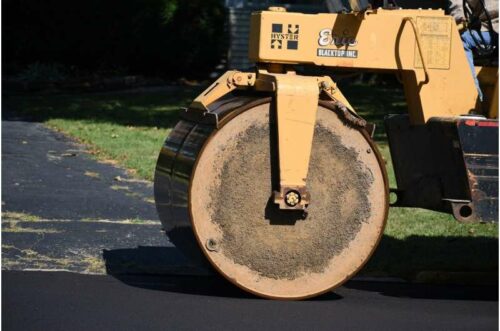Researchers from Sydney have developed a unique ‘intelligent compaction’ technology that is implemented into a road roller to access the quality of road base compaction in real-time.

Bad-constructed roads result in potholes and road subsidence, leading to many life-threatening accidents. Even after regular repairs, the conditions of the roads are unchanged and lead to considerable potholes in the rainy season. Improved road construction can reduce potholes and maintenance costs and lead to safer, hence more resilient, roads. A research team from the University of Technology Sydney has invented a new “intelligent compaction” technology, a model that can be integrated into a road roller and can assess the quality of road base compaction in real time.
The innovative machine-learning technique processes data from a sensor attached to a construction roller. “We have developed an advanced computer model that incorporates machine learning and big data from construction sites to predict the stiffness of compacted soil with a high degree of accuracy in a fraction of a second so that roller operators can make adjustments,” said Associate Professor Behzad Fatahi, who led the research, together with Professor Hadi Kahbbaz, Dr. Di Wu and Ph.D. student Zhengheng Xu.
The adopted machine learning method incorporating Gaussian Kernel and Generalized Gegenbauer Kernel functions can reasonably predict the double-layered soil modulus during roller compaction. Researchers conducted additional analyses to determine the proper training size and number of iterations to achieve real-time quality control to be used by site engineers.
“Like Goldilocks, the compaction needs to be ‘just right’ to provide the correct structural integrity and strength. Over-compaction can break down the material and change its composition, and under-compaction can lead to uneven settlement,” said Associate Professor Fatahi. “A well-compacted multi-layer road base provides a stable foundation and increases the capacity of a road to bear heavy loads. Trucks can weigh up to 40 tonnes, so a poor quality base can quickly lead to cracks and weak spots in the asphalt surface.”
This research could help build long-lasting roads that withstand severe weather conditions.
Click here for the Published Research Paper






